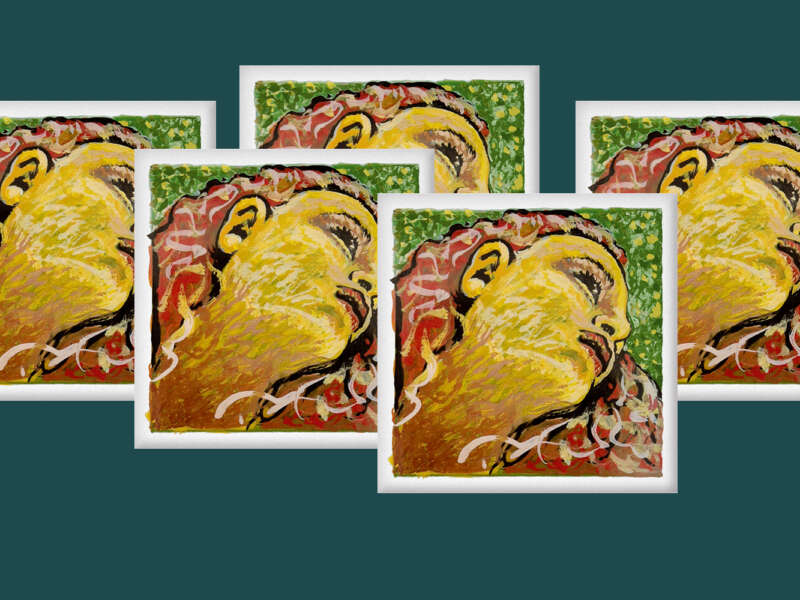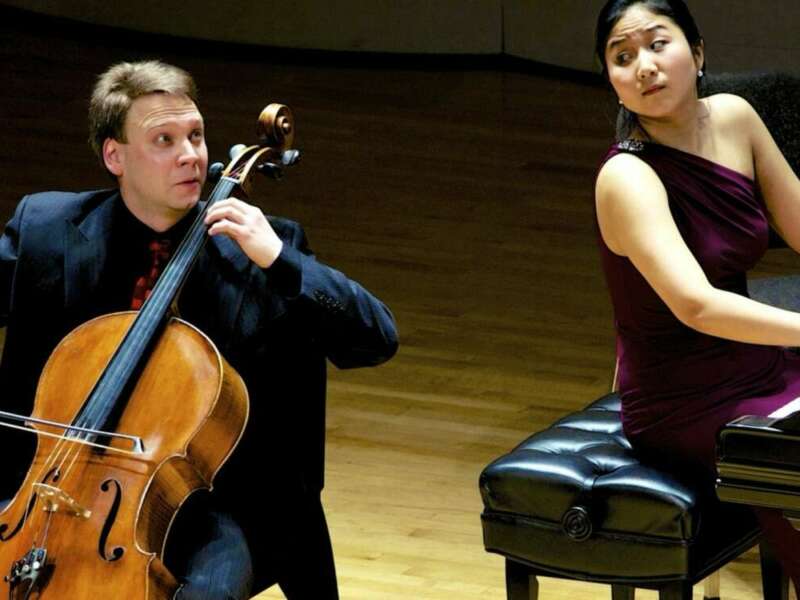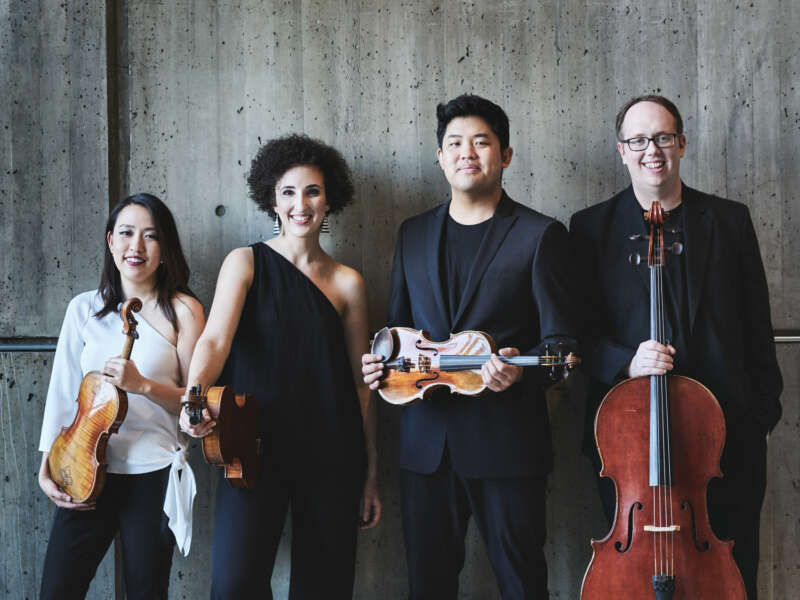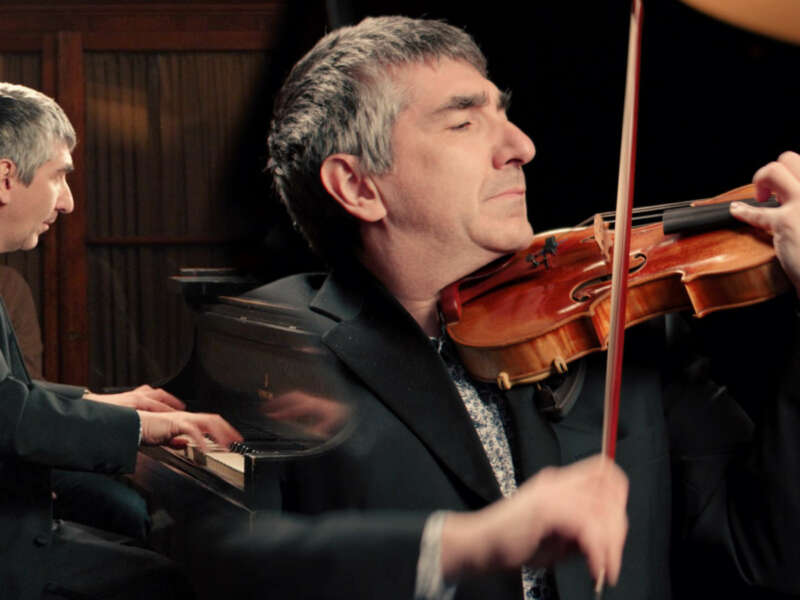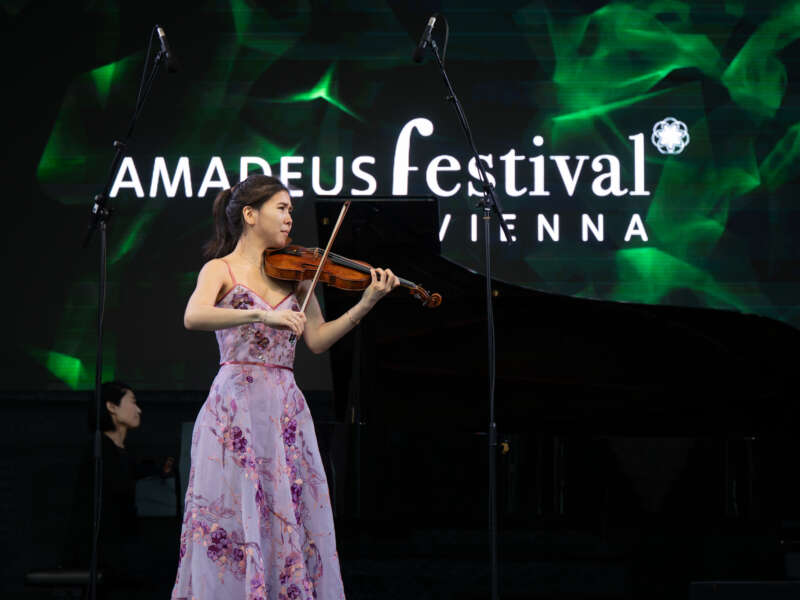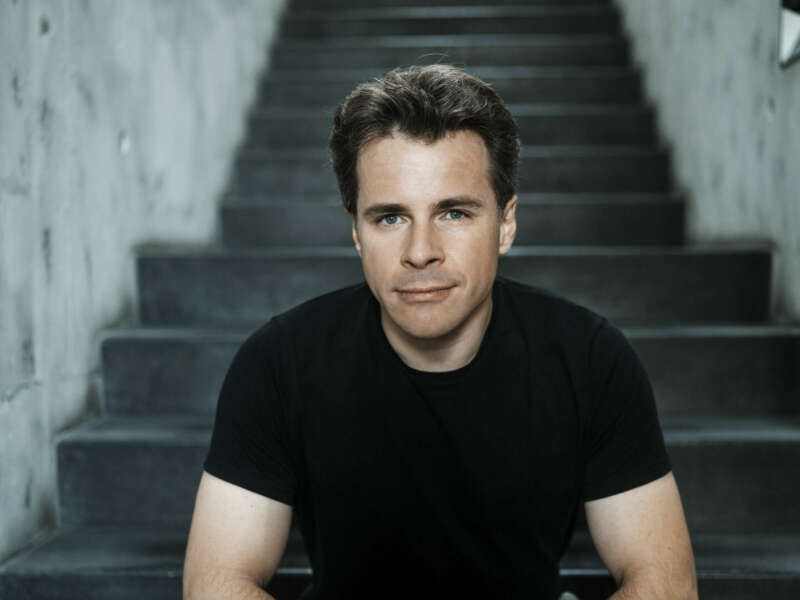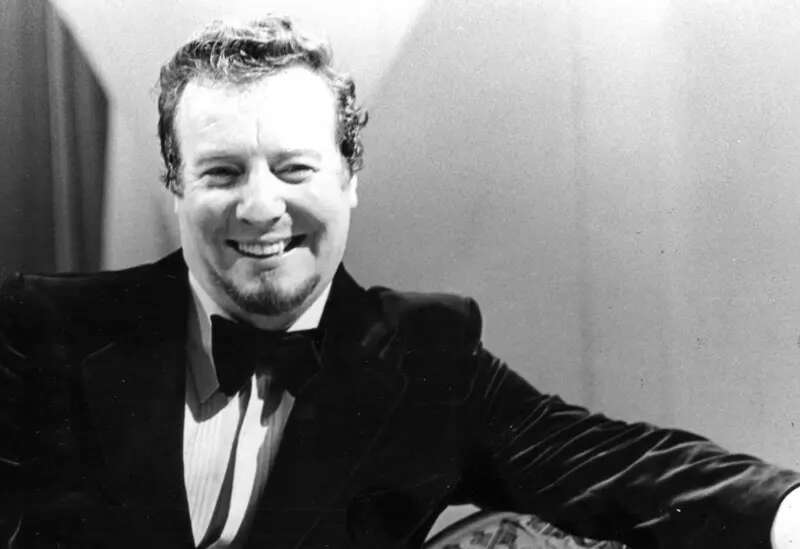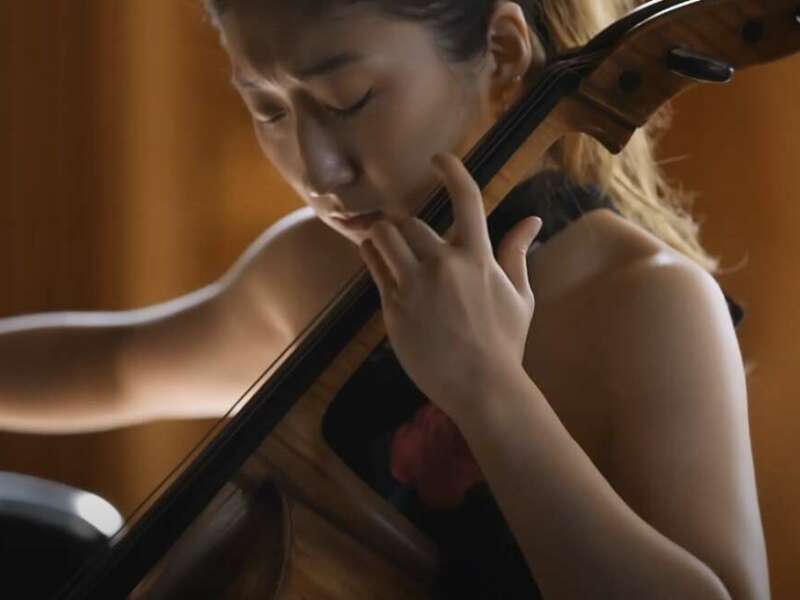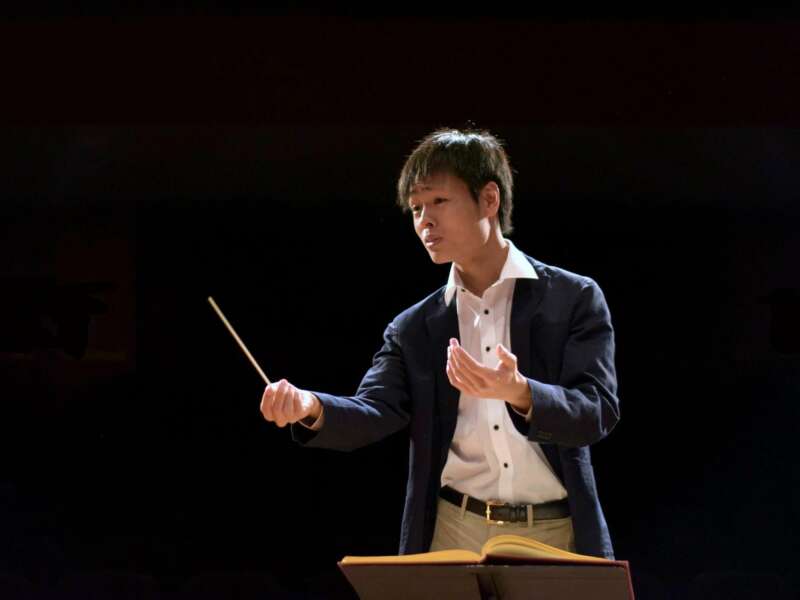Adam Hockman on Listening to Yourself to Learn and Grow
Hockman, a consultant who applies behavioral, learning, and measurement science to music disciplines, shares his expert tips
Dear VC reader,
We all have recordings of our performances living somewhere — tucked inside our phone, privately archived in the conservatory library, or posted on YouTube. While most of us would agree that these recordings are potentially instructive tools for measuring progress and setting technical and artistic goals for the future, reviewing and studying them is another story. The listening experience can be accompanied by anxiety or upset, as we fixate on each phrase, a few errors, or what we wore.
Musicians care deeply about how they present themselves, and when their performances don’t meet their expectations, they can often become downright mean to themselves.
Let's explore a few strategies for using performance recordings for maximum impact. These strategies, long studied and tested by behavior scientists, increase the probability of you approaching, rather than avoiding, your performance. Because that is what it takes—putting a nonjudgmental eye and ear on your practice and performance, rather than doing that work after the fact, when it’s too late.
Idea 1: Adopt this mindset: Recording my performance is an essential part of my learning and development. Rather than wait to record your performance at the semester recital, set up more frequent simulated performances with people you trust and record them! As you prepare for each performance, think about what happens to your body, mind, and playing when you enter a high-stakes performance setting. What is that environment like? Clothing, audience, temperature, and lighting are some factors in a performance setting. So, recreate those and practice as if they are happening. For example, wear concert attire, turn up the heat so that you might feel yourself start to sweat while playing, post pictures of an audience (your teachers, parents, peers) in front of you, and definitely play a video of a noisy audience in the background. Make these simulated experiences as close to real as possible.
Idea 2: Listen to your recordings with a trusted music friend. Explain your intentions for the exercise, that you want to listen for a new technique you tried or why you can get a phrase to ring. Pause at key points and describe what you're seeing, thinking, and hearing. Ask your friend to describe what they see and hear and compare those impressions with your perception.
Idea 3: Practice cognitive defusion. When negative thoughts or feelings arise while listening to yourself, defusion exercises can help you separate from them long enough to regard your experience for what it is. Behavior scientists have developed countless strategies, but some of my favorites are Leaves on a stream, sing along, and the 30-second loop. Take the sing-along technique, for example. If the thought, "I hate my playing" crops up as you listen to and watch your playing, start singing that thought aloud on top of the recording as if they were the lyrics. Weird, I know, but it creates distance between you and your thoughts. The negative thoughts become words and sounds rather than you being needlessly harsh on yourself. Try this several times to fully understand its impact.
These ideas are the start of a journey to learn from snapshots of our performance. Like most things, the more you do it, the easier it gets, and the more useful it becomes. Good luck!
Adam Hockman has coached students at major conservatories and presented lectures and workshops at such institutions as the Heifetz International Music Institute, Northwestern University, Greater Twin Cities Youth Symphonies, and at international and national behavior science conferences.
Outside of the performing arts, Adam oversees the design, development, and implementation of behavior-based learning programs for ABA Technologies, Inc. Formerly, Adam was research associate to Dr. Francis Mechner at the Mechner Foundation in New York City. Alongside Dr. Mechner and his colleagues, Adam assisted in developing educational technologies and implementing behavioral education programming in school settings.
Adam served as managing editor for the Standard Celeration Society and continues to coach behavioral scientists in publishing their research and ideas. Adam received his academic training from Utah State University, Florida Institute of Technology, and MGH Institute of Health Professions (PhD candidate).
july 2025
august 2025



